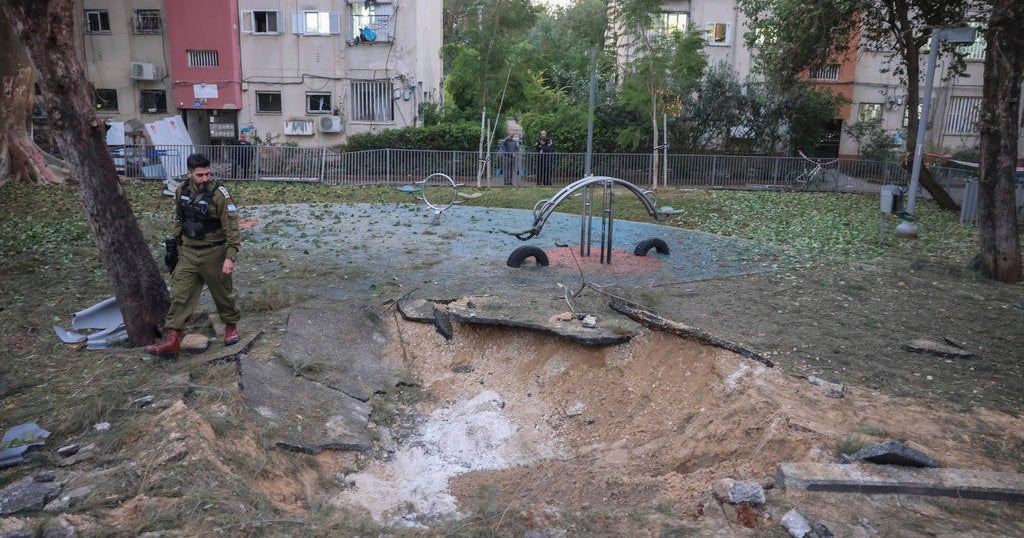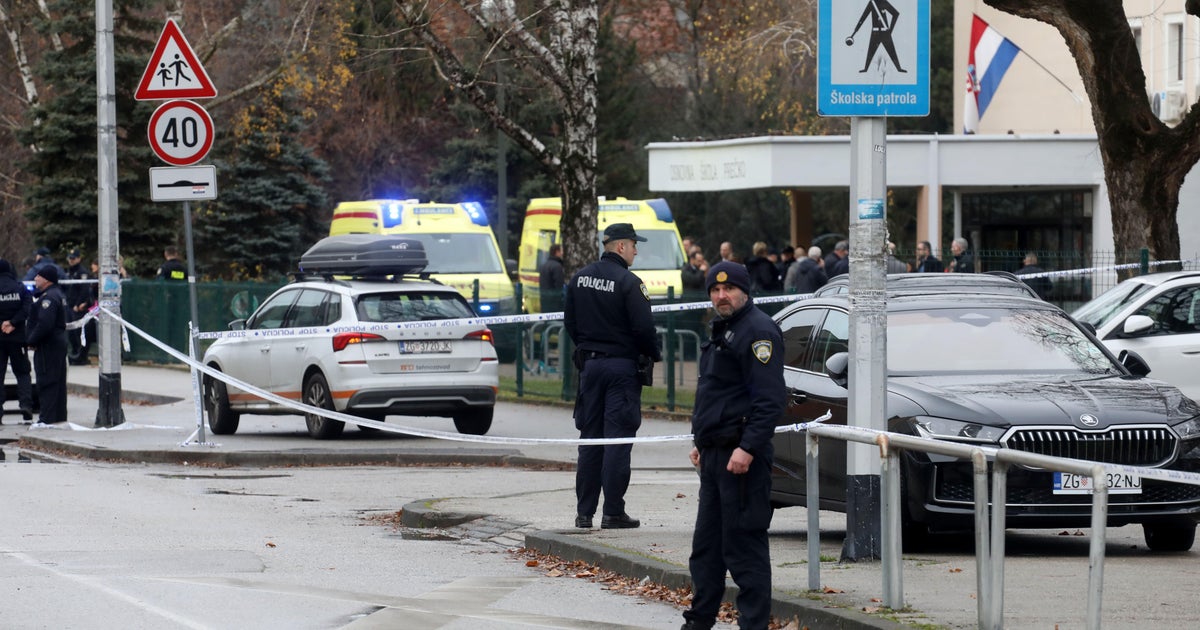Lebanese prime minister resigns amid nationwide protests
Lebanon's embattled Prime Minister Saad Hariri said Tuesday he is handing in his resignation to the president after he hit a "dead end" amid nationwide anti-government protests.
Hariri spoke on day 13 of the protests, an unprecedented united expression of anger at what demonstrators call a corrupt and inefficient political class in power for decades.
"For 13 days, the Lebanese people have waited for a decision for a political solution that stops the deterioration," Hariri said Tuesday, BBC News reported. "And I have tried, during this period, to find a way out, through which to listen to the voice of the people."
But he added, "It has become necessary for us to make a great shock to fix the crisis."
Tension had been building for months as the government searched for new ways to levy taxes to manage the country's economic crisis and soaring debt. The trigger for the protests, in the end, was news that the government was planning, among other measures, to impose a tax on WhatsApp calls.
The protests soon widened into calls for the resignation of the government and the overthrow of the political class that has dominated the country since the country's 1975-1990 civil war. The government is dominated by factions allied with Hezbollah, the most powerful armed group in the country.
The protests were largely peaceful until Tuesday, when baton-wielding Hezbollah supporters rampaged through the main protest camp in Beirut, torching tents, smashing plastic chairs and chasing away protesters.
The Hezbollah rampage marked a violent turning point in the protests.
Hariri on Tuesday called on all Lebanese to protect civil peace and prevent further economic deterioration. He said he will present his resignation to President Michel Aoun.
Protesters welcomed Hariri's resignation, but it's unclear what comes next. He could stay in office as a caretaker prime minister, with pro-Iran factions strengthened.
The protesters have called for sweeping change to the country's political system that would produce non-sectarian governments capable of addressing the country's many challenges. A complex power-sharing arrangement distributes power and high offices among Shiites, Sunnis and Christians. That has prevented the country from sliding back into civil war but has spawned networks of patronage and nepotism, and has made it virtually impossible for the government to take major decisions or even provide reliable public services.




